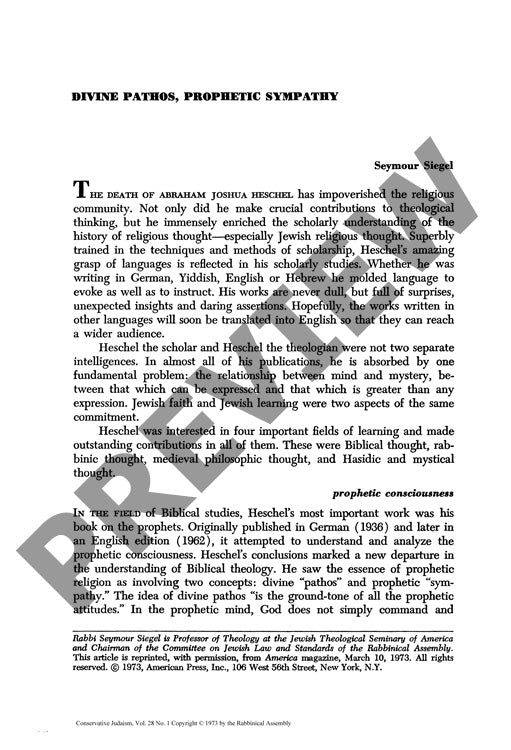Divine Pathos Prophetic Sympathy
Couldn't load pickup availability
Abraham Joshua Heschel revolutionized Jewish religious thought by demonstrating that God actively participates in human history through divine "pathos" rather than existing as a detached cosmic force. Following Heschel's death in 1973, comprehensive analysis of his published works across German, Yiddish, English, and Hebrew reveals groundbreaking contributions spanning four domains of Jewish scholarship. His work on prophetic consciousness introduced the concept of prophetic "sympathy" as humanity's responsive engagement with divine emotion. Through medieval philosophical studies, Heschel uncovered how rationalist scholars like Maimonides maintained a profound appreciation for divine mystery, challenging traditional academic interpretations. His research into Hasidism, grounded in primary documents, traced the pietistic movement's development while drawing novel parallels between Hasidic masters and Western religious thinkers. Most significantly, Heschel's analysis of rabbinic thought identified two fundamental theological approaches within Talmudic Judaism - Rabbi Akiba's transcendental mysticism and Rabbi Ishmael's rational immanentism - yielding crucial insights into Torah revelation. This systematic integration of faith and reason across multiple historical periods and intellectual traditions established Heschel's enduring influence on contemporary Jewish religious understanding.

More Information
-
Physical Description
-
Publication Information
Published 1973
ISBN
-
Publication Credits
Seymour Siegel

